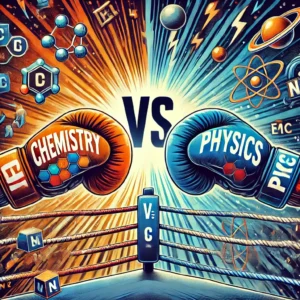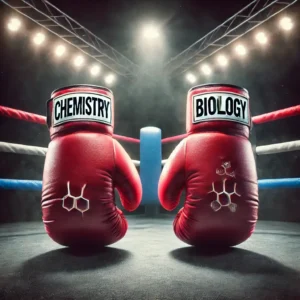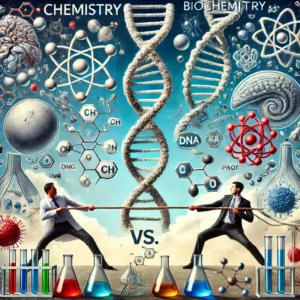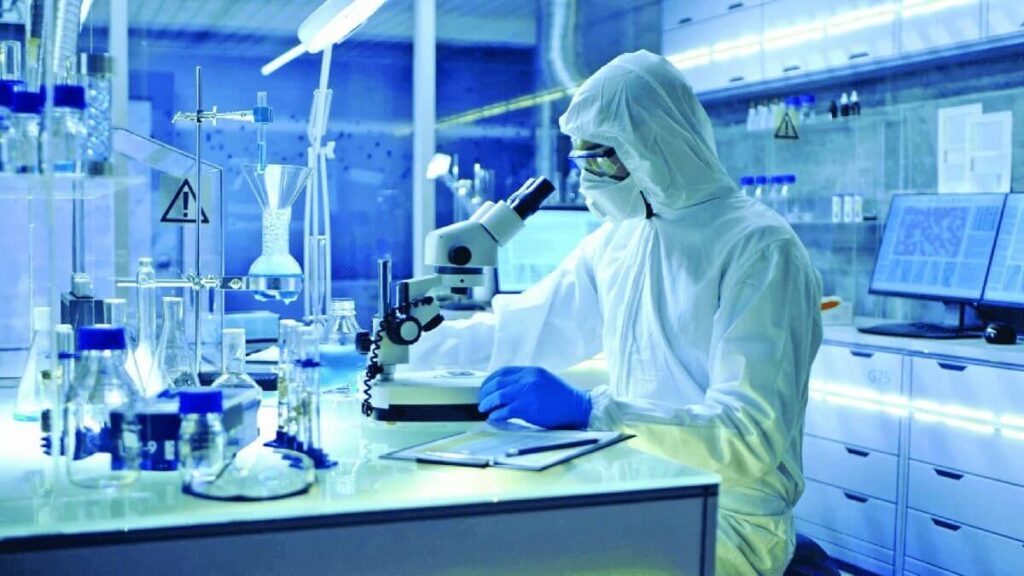The study of chemistry involves conducting numerous experiments, which require the use of various chemicals and pieces of apparatus. These experiments typically take place in a specialized room known as a Laboratory.
Thus, a laboratory can be described as a dedicated space or building where chemicals and equipment are stored, and practical subjects like chemistry are studied.
Laboratory Safety Rules
The Laboratory is one of the places where accidents are more likely to happen. Therefore, when conducting any experiment, it’s crucial never to assume that it is completely safe. Even seemingly simple experiments should be treated as a potential source of danger. Consequently, all chemicals and equipment in the laboratory must be handled with care. For example, mishandling glass apparatus can lead to breakage and injury.
Given that learning chemistry involves extensive practical work, it’s vital to adhere to specific rules to ensure the safety of everyone in the laboratory. To be frank with any chemistry beginner, two of the most common causes of accidents in the laboratory are ignorance and carelessness. So, every student needs to be aware of the necessary lab safety precautions. These include:
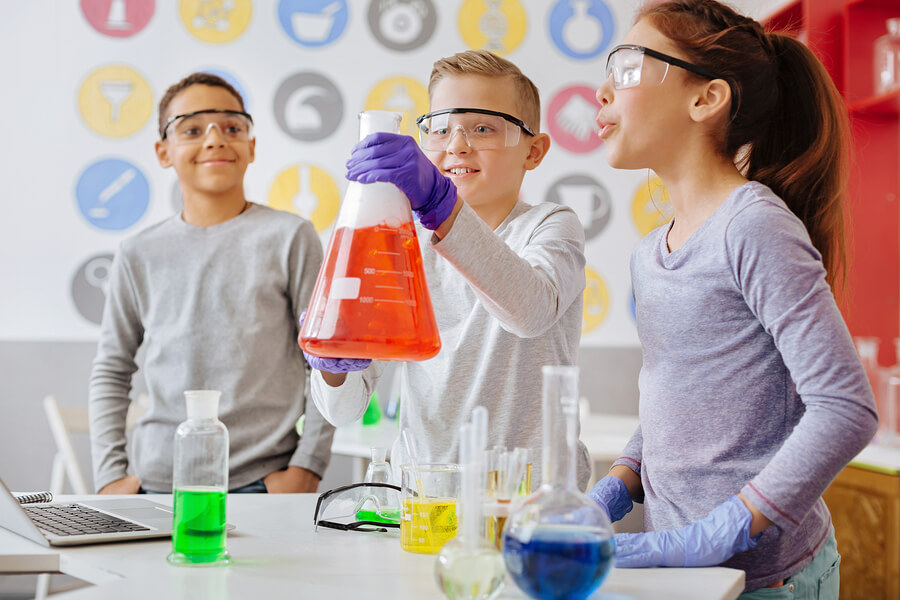
1. Carefully review all instructions before starting any laboratory experiment.
2. Avoid running while in the laboratory to prevent potential accidents such as tripping, falling, or causing harm to yourself and others.
3. Refrain from eating or tasting any substances in the laboratory to prevent poisoning.
4. Do not smoke or apply cosmetics while in the laboratory.
5. Wear closed-toe shoes or footwear that covers your entire foot to ensure safety.
6. Keep your hands away from your mouth, eyes, body, and any immediate items you will handle after removing gloves, such as your phone or laptop.
7. Always seek guidance from your teacher or lab technician before attempting any experiment to mitigate the risk of accidents.
8. Label all chemicals used to avoid confusion.
9. Read all container labels carefully to prevent the incorrect mixing of chemicals.
10. Use clean apparatus for all reagents to prevent contamination.
11. Use tongs or test-tube holders to handle boiling tubes or test tubes when heating to prevent burns.
12. When heating substances in open test tubes, ensure the open end does not face you or others nearby to prevent potential accidents from spurting reagents.
13. Avoid looking directly into reaction vessels during reactions to prevent chemicals from spurting into your eyes and causing injury.
14. Do not smell gases directly; instead, gently waft the gas toward your nose with your hand.
15. Conduct experiments involving poisonous gases in fume cupboards or outdoors.
16. Keep flammable substances away from heat sources to reduce the risk of fire.
17. Immediately report any accidents to your teacher or lab technician for prompt action.
18. Avoid pipetting liquids by mouth; use a suction bulb instead.
19. Do not pour used chemicals back into the stock container.
20. In case of serious accidents such as fire, calmly walk to the nearest exit; avoid scrambling as it may impede escape.
21. Extinguish unused flames to prevent fire accidents and conserve fuel and water.
22. If any chemical comes into contact with your skin or mouth, immediately rinse it off with plenty of clean, running water.
23. Ensure safe disposal of used chemicals to prevent contamination.
24. Never leave laboratory gas taps open.
25. Maintain a tidy working area, free of unnecessary books, equipment, or clothing.
26. Avoid placing materials such as books and bags on the laboratory floor.
27. If any spills occur on the bench, thoroughly wipe them with a wet cloth, taking care not to touch the spill directly.
28. Dispose of any broken glass pieces appropriately.
29. Work on clean benches and remember to clean and store all apparatus used at the end of each experiment.
30. Adhere to other safety regulations as required, including the use of gloves, safety goggles, gas masks, and lab coats.
31. Always wash your hands before leaving the laboratory.
